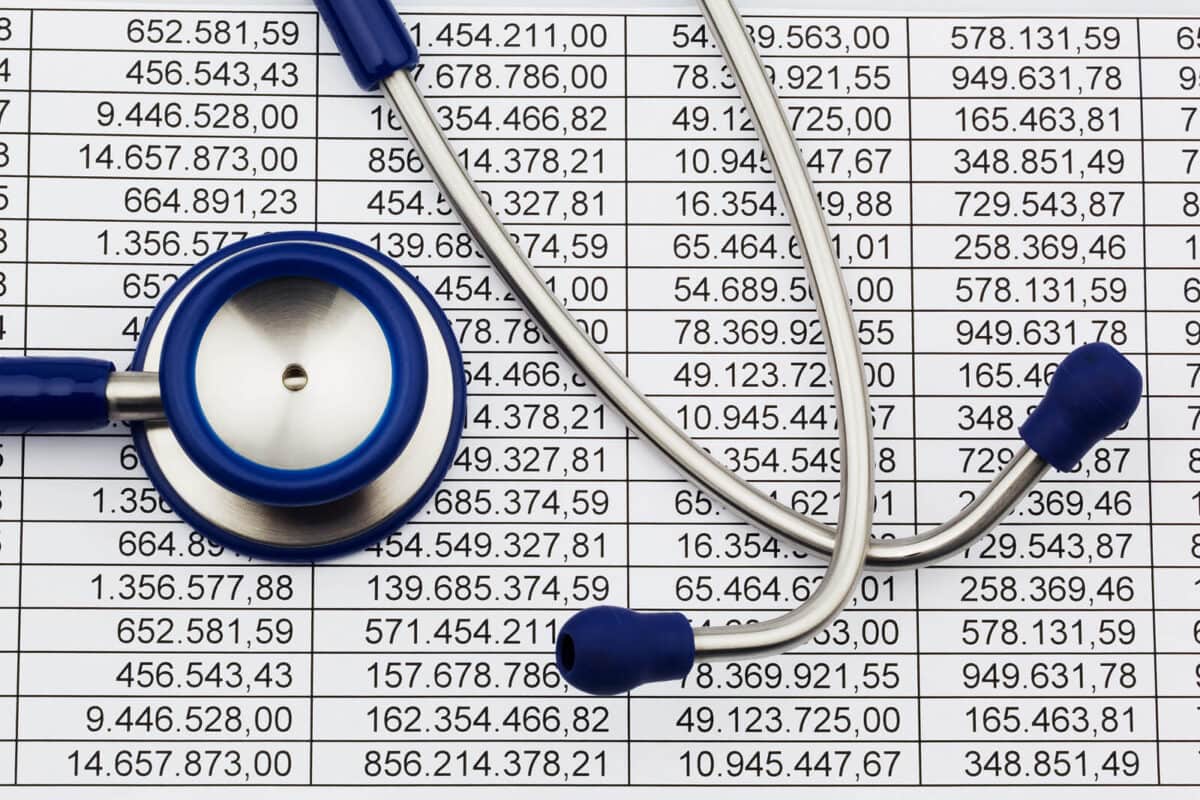Living with diabetes comes with various challenges, including managing blood sugar levels and maintaining a healthy lifestyle. However, did you know that diabetes can also impact your hearing? Understanding how diabetes is connected to hearing loss can raise awareness and help people take necessary precautions.
Understanding Diabetes
Diabetes is a condition where the body has difficulty regulating blood sugar levels. There are two main types: Type 1, which occurs when the body doesn’t produce insulin, and Type 2, where the body doesn’t use insulin properly. When blood sugar isn’t controlled, it can lead to numerous complications, including nerve damage, cardiovascular issues, and even hearing loss.
The Connection Between Diabetes and Hearing Loss
Several studies show that people with diabetes are more likely to experience hearing loss than those without the condition. Research finds that hearing loss is twice as common in adults with diabetes. This connection is due to several factors linked to how high blood sugar affects the body.
Blood Vessel Damage
High blood sugar can damage small blood vessels throughout the body. In the inner ear, these blood vessels are important for nerve health involved in hearing. When these vessels are damaged, it can result in reduced blood flow and oxygen to the nerves, leading to hearing loss.
Nerve Damage
Diabetes can cause peripheral neuropathy, a type of nerve damage primarily affecting the legs and feet. However, this nerve damage is not limited to extremities. The auditory nerves, which are responsible for transmitting sounds from the ear to the brain, can also be affected. If these nerves are damaged, it can result in hearing difficulties.
Related Health Issues
People with diabetes often have other health issues like high blood pressure and high cholesterol. Both conditions can also contribute to hearing loss. High blood pressure can damage the blood vessels in the ear, while high cholesterol can lead to a build-up of fatty deposits in the blood vessels, affecting blood flow to the inner ear.
Symptoms of Hearing Loss
Hearing loss can develop gradually, and it’s essential to recognize the symptoms early. Some signs include:
- Difficulty understanding conversations, especially in noisy environments
- Frequently asking people to repeat themselves
- Turning up the volume on the television or radio
- Ringing or buzzing in the ears (tinnitus)
If you notice these symptoms, it’s important to seek a professional evaluation to determine the cause and receive appropriate treatment.
Prevention and Management
Though the connection between diabetes and hearing loss is concerning, there are steps you can take to protect your hearing.
Control Blood Sugar Levels
One of the most important ways to prevent complications from diabetes is to maintain good blood sugar control. Regular monitoring, following a balanced diet, and taking prescribed medications can help keep blood sugar levels stable.
Regular Hearing Tests
If you have diabetes, regular hearing tests are vital. Early detection of hearing loss can lead to more effective treatment. Many healthcare providers recommend annual hearing screenings for people with diabetes.
Protect Your Ears
Avoid exposure to loud noises, which can further damage your ears. Use ear protection in noisy environments and keep the volume at safe levels when using headphones or earbuds.
Conclusion
The link between diabetes and hearing loss highlights the importance of comprehensive healthcare for individuals with diabetes. By understanding the connection and taking proactive steps to manage health, people can reduce the risk of hearing loss and improve their overall well-being. Regular monitoring, a healthy lifestyle, and professional consultations are essential in protecting your hearing and maintaining your quality of life.

